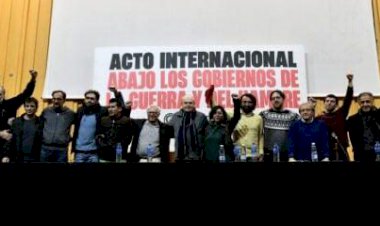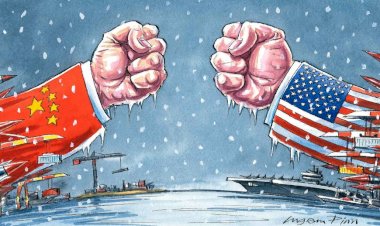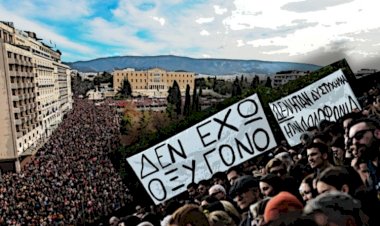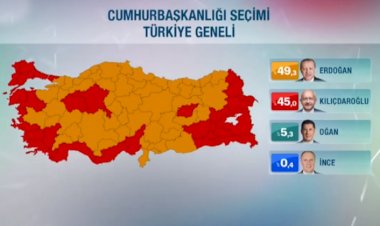Italy: Pandemic, Crisis and EU -Italo Ferrini
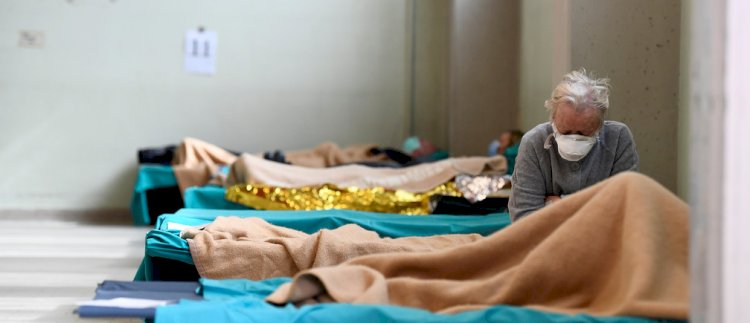
Center left/right governments that governed Italy after the 89' were responsible for the biggest privatization in Europe, and to mine the basics of the Italian welfare system. In addition to these actions, the 2011 crisis brought with itself the harsh European austerity, embodied by people like Mario Monti or Matteo Renzi. While the first was a technocrat who drove Italy into recession with incredibly draconian measures that contributed to the impoverishing of the working sectors and mid to small bourgeois, and the total change of the retirement schemes, with many retired workers seeing their pensions cut down and the retirement age set to 67 years, with the prospect of an increase, the latter Matteo Renzi from the Democratic Party, drove a crusade against the remaining legacy of workers right, de facto destroying totally the last rights acquired through the 60's and 70's struggles and leaving the workers at the will of their employers. These actions, all in the name of debt payments, economic stability and modernization, have now showed their shortcomings.
When the virus hit the country, a greatly impoverished healthcare sector, with 30 billions more required and 20 thousands personnel needed to operate the facilities, was not able to absorb the hit, and thus failed to give proper assistance to those infected, with additional facilities needed and the lack of much medical equipment. The workers laid down by their businesses saw no assistance from the government, with only business owners and independent workers able to receive a subsidy, and all the special assistance programs required to avoid total catastrophes in productive tissue and to support low income people mostly proved insufficient to face such a huge challenge. Those workers that weren't left at home when their workplaces were shut down, found themselves working in a unhealthy environment, with no precautionary measures to prevent contagion and with little assistance from local governmental agencies. Many firms in fact were able to produce certificates that proved that their goods were essentials to fight against the virus, and the lacks of controls aggravated this situation. To combat this state of things spontaneous strikes have erupted throughout the country, and the trade union Usb, Unione Sindacale di Base, declared a general strike on the 26th of March with a 70% adhesion among factory and logistic workers.
Helping with workplaces that did not comply with lockdown rules is the fact that Italy has a very divided political power, with 21 regions composing the country, and each of them being able to directly showdown with the central government and act according to its will. This has proven a big disadvantage for the country, with northern regions. Especially Veneto and Lombardia, that compose a large part of Italian GDP showing a high degree of autonomy and their governors acting according mostly to the industrial and commercial lobbies wills rather than the indications of the medical-scientific committee, ad hoc created to counsel politics on the right course of action.
The fact that regional governors have acted out of business concern instead of human life care must not lead to think that the current Conte Premiership has actually behaved because of a true appreciation to people's welfare. Instead, it must be pointed out that under Confindustria's hint (biggest employer's lobby in Italy), its leadership failed to declare red zone in virus hit areas in time in fear of harming employer's profits, thus sharing the guilt with regional governors on the gaps of the first strong response that was needed to curtail the first contagion. While the Premier is now on a more prudent position, supporting the first slow and cautious openings on the 4th of May, regional governors such as Fontana, governor of Lombardia (region that accounts for more than 21% of Italian GDP), is shoving for an early opening out of fear due to the huge economic losses taken by the productive system of the region, which is also the most virus hard hit region of the country. While being unconcerned with businesses needs is actually a bad idea, as no one wants to see entire region’s economies razed to the ground, Italy has actually faced the problem of how to heed both workers and especially small employers requests of badly needed economic aid. The country economic sovereignty lies in the hands of the Eurogroup and European Commission that envision any economic reforms it is launched. This has proven fatal to any timid progressive reform, not that there were many, firmly being indicated as too expensive for the already thin Italian finances and not complaints with European budget rules.
It is comprehensible that in this situation the Conte Premiership found itself on a fragile position, with a incredibly high public debt. The European countries and institutions are unwilling to relax the draconian rules that are inscribed within European treaties, and the impossibility to draw resources from the bourgesie's wealth, both because of political unwillingness and lack of a solid working class organization that could have endorsed such a course of action. Instead the request brought by the Premier to the European institutions, was to institute a so-called EuroBond, issuing European debt bonds with low interest rate, thus capable of allowing weaker countries to finance their economic shortcomings.
This option readily refused by the northern tier countries, such as Germany and countries aligned to her block like Holland, Austria and so on, that instead proposed to agree on the European Stability Mechanism (ESM). A lender mechanism that draws money by issuing bonds and then eventually lends the borrowed money to the state that needs them. Needless to say this financing requires the compliance with the requests by the Mechanism, usually liberalization, spending cuts etc... Basically the very same policies that have brought entire countries on the verge of disaster.
How this situation will end is foreseeable, eventually Conte will relinquish its most belligerent proposals and comply with the European and German requests, the current leadership owns no aces in the hole the and no changes in European countries policies are on the horizon. Even so, the barrier represented by the harsh European founding treaties are more than a match to dent. Such is the nature of the European Union, and after 10 years of everlasting crisis and austerity, it was after all likely that such predisposition would have not changed. If ever Conte accepted, the ESM the results are path is already clear, for any doubts ask the Greeks.






